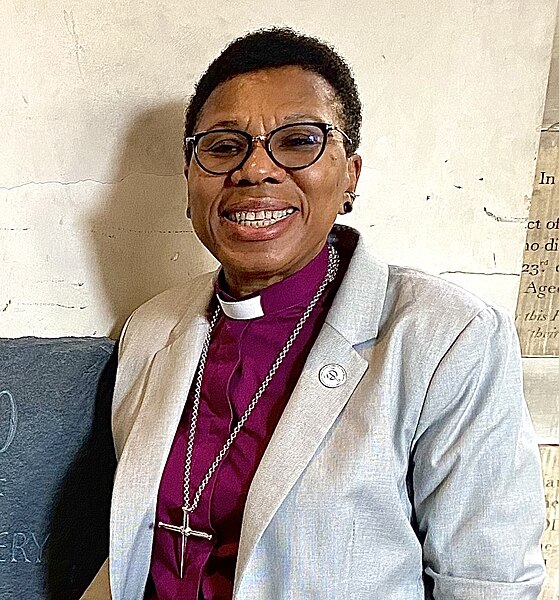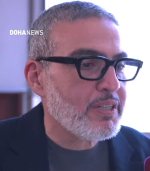
Bishop Rosemarie Mallett, leading the charge behind the latest report, expressed hope that it would serve as a catalyst for other institutions to delve into their pasts.
The Church of England's pledge of £100 million for a newly established investment fund aimed at rectifying the ramifications of its historical association with slavery falls short, according to a recent report.
This announcement follows a previous investigation revealing the Church's substantial investments in a company responsible for the transportation of tens of thousands of slaves.
While the Church has embraced the findings of the Church Commissioners charity's report and its suggestions, it has stopped short of committing to the report's proposed target of £1 billion for the fund.
The Archbishop of Canterbury, Justin Welby, described the report as the commencement of a long-term response to the "heinous evil" of slavery. He had previously expressed his profound dismay at the interim findings of the report.
Furthermore, the report underscores the necessity for the Church to fully acknowledge its complicity in the slave trade, a sentiment previously expressed by Archbishop Welby in 2022.
The proposed allocation of funds from the new investment initiative emphasizes support for black-led businesses focusing on education, economic empowerment, and improved health outcomes.
The oversight group responsible for the report has scrutinized the Church's historical investment practices, particularly during the 18th century when it held significant investments in the South Sea Company, a key player in the slave trade.
The report issues several recommendations, including the increase of the initial £100 million fund to at least £1 billion, expediting the timeline for its implementation, and issuing formal acknowledgments and apologies for past wrongs.
Emphasizing the inadequacy of the £100 million fund in addressing the deep-seated racial disparities stemming from African chattel enslavement, the report suggests the ultimate ownership and management of the investment program by black communities.
While non-profit investments will receive grants, there will be no individual cash compensation or grants to government bodies.
Bishop Rosemarie Mallett, chair of the oversight group, hopes the report will inspire other institutions to confront their pasts and strive for a better future for affected communities.
Acknowledging the limitations of altering the past, Mallett underscores the importance of working towards a more equitable present and leaving a positive legacy for future generations.
The Church Commissioners, responsible for managing the Church's investment portfolio, maintain that the £100 million represents a starting point, with hopes for its growth over time.
Gareth Mostyn, the group's chief executive, emphasizes that by transparently addressing its past, the Church can become more relevant and inclusive to a broader audience. Photo by JoThePotter, Wikimedia commons.




































